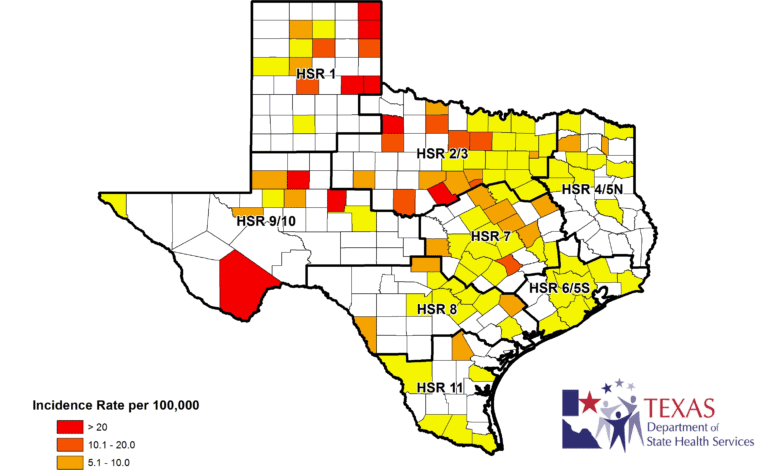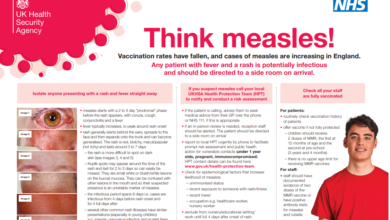E. coli Outbreak 2024: FDA Under Fire for Silence

The E. coli outbreak in 2024 has raised serious concerns about food safety, especially with its connection to romaine lettuce and major industry players like Taylor Farms. According to the FDA E. coli report, this outbreak spanned across 15 states, infecting 89 individuals and resulting in one tragic death. Many of the affected had consumed leafy greens, highlighting the need for stringent food safety regulations to prevent such occurrences. E. coli symptoms can range from mild gastrointestinal distress to severe kidney complications, further emphasizing the importance of traceability in our food supply. As investigations continue, consumers are left reeling from the implications of this outbreak and the lack of clarity surrounding its source.
The recent surge in E. coli cases during 2024 has spotlighted critical issues within the realm of food safety and public health. Often associated with contaminated produce, particularly leafy greens, this outbreak has seen significant media coverage due to its implications for consumer well-being. The situation involved a breakdown in communication from health authorities, particularly concerning the linked provider of contaminated romaine lettuce. Legal actions have also unfolded, entangling major suppliers like Taylor Farms amidst claims of enabling dangerous food products to reach consumers. As we delve deeper, understanding the root cause of these infections highlights the urgent need for effective measures in food production and distribution.
Understanding the Recent E. coli Outbreak in 2024
In 2024, the FDA was put under scrutiny following an outbreak of E. coli linked to romaine lettuce that affected 15 states. With a tragic toll of one death and numerous hospitalizations, the outbreak highlighted significant concerns regarding food safety regulations and the responsiveness of health authorities. The strain responsible, E. coli O157:H7, is notorious for causing severe gastrointestinal issues, making it imperative for agencies like the FDA to act swiftly in communicating any potential risks to the public.
Despite the agency’s completion of its investigation and the traceback leading to a specific grower, the details surrounding the outbreak raised eyebrows. With around 95% of those infected having consumed leafy greens, particularly romaine lettuce, understanding the root cause of such outbreaks becomes crucial. The FDA’s reluctance to disclose the name of the ranch involved only adds to the urgency for enhanced transparency in food safety practices.
Frequently Asked Questions
What is the FDA’s report regarding the E. coli outbreak 2024?
The FDA’s report on the E. coli outbreak in 2024 revealed that the outbreak, connected to romaine lettuce, affected 15 states and resulted in 89 infections, with 36 hospitalizations and one death. The investigation identified a single grower and processor, but the FDA did not publicly disclose their name or the specific location of the contaminated romaine, which raised concerns about transparency in food safety.
How does the E. coli outbreak 2024 relate to romaine lettuce infections?
The E. coli outbreak in 2024 was primarily linked to romaine lettuce, with 88% of those infected recalling consumption of this leafy green. The FDA’s investigation traced the romaine to a common ranch but could not confirm it as the source due to the absence of contaminated products by the time of the investigation.
What are the symptoms of E. coli infections from the outbreak 2024?
Common symptoms of E. coli infections, particularly from the O157:H7 strain involved in the 2024 outbreak, include severe stomach cramps, diarrhea (often bloody), vomiting, and in some cases, fever. Serious complications such as Hemolytic uremic syndrome (HUS) can occur, leading to kidney damage.
What safety regulations did the FDA implement following the E. coli outbreak 2024?
Following the E. coli outbreak in 2024, the FDA continues to investigate and improve food safety regulations to protect consumers. However, the agency faced criticism for not publicly communicating about the findings of its investigation, which has implications for consumer awareness and safety in food consumption.
Is Taylor Farms involved in the E. coli outbreak 2024?
While Taylor Farms has faced lawsuits claiming they sold contaminated products linked to the E. coli outbreak in 2024, the company has denied being the source of the outbreak. They asserted that their extensive testing showed no evidence of E. coli contamination and emphasized that the 0157:H7 strain typically originates from livestock.
What was the impact of the 2024 E. coli outbreak on food safety protocols?
The 2024 E. coli outbreak prompted discussions about food safety protocols and the need for stringent testing and accountability among producers. As part of ongoing improvements, the FDA is encouraged to enhance transparency in its investigations, as communication about outbreaks is crucial for consumer safety.
How can consumers stay safe from E. coli outbreaks like the one in 2024?
Consumers can stay safe from E. coli outbreaks by washing all fruits and vegetables thoroughly, cooking meat to safe temperatures, and following food safety guidelines. Being aware of outbreak reports and avoiding potentially contaminated products, such as romaine lettuce during alerts, is also essential.
| Key Points |
|---|
| The FDA criticized for not publicizing a report on an E. coli outbreak in 2024 affecting 15 states, 89 infections, and 1 death. |
| The outbreak linked to romaine lettuce, first case in St. Louis County, Missouri, in early November 2024. |
| The E. coli strain involved was 0157:H7, known for causing severe illness. |
| 95% of those infected had reported eating leafy greens; 88% specifically recalled romaine lettuce consumption. |
| The FDA’s investigation traced contaminated lettuce to a single grower but confirmation was not possible as no contaminated products remained. |
| Frank Yiannas criticized the FDA for withholding information that could help consumers after the outbreak ended. |
| Nine lawsuits filed against Taylor Farms, a major salad producer, which denies being the source of the outbreak. |
| Taylor Farms asserts its products are safe; the source of contamination is speculated to be from livestock. |
| Prior incidents have linked Taylor Farms to previous E. coli outbreaks, including one related to McDonald’s onions. |
Summary
The E. coli outbreak of 2024 has highlighted significant concerns regarding food safety oversight in the United States. As infections spread across 15 states, culminating in one death and numerous hospitalizations, the Food and Drug Administration’s failure to communicate the findings of its investigation raises important questions about public health policies. With the FDA unable to confirm the traceback of the E. coli strain linked to romaine lettuce, and criticism regarding the lack of transparency, consumers must be diligent in understanding the sources of their food. The ongoing legal disputes involving Taylor Farms underscore the complexities in attributing liability and ensuring food safety in the supply chain. This situation calls for heightened awareness and vigilance surrounding foodborne illnesses.




